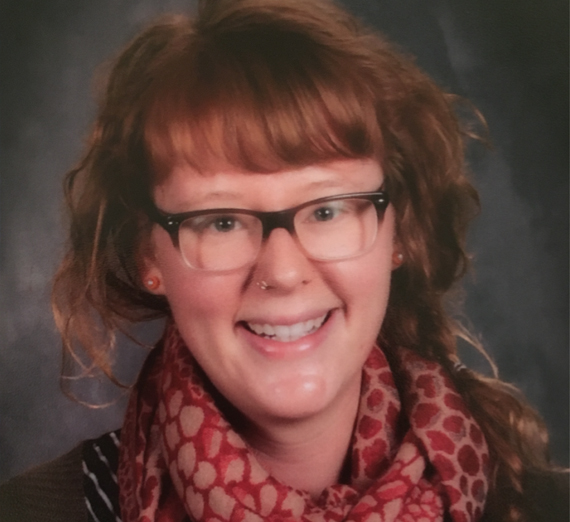Alumni Spotlight: Melissa Pierson, MA School Counseling, ’17

What is your name, which degree did you earn, & what year did you graduate?
My name is Melissa Pierson and I received a master’s degree in school counseling in 2017.
What is your current occupation or role?
I am currently a middle school counselor at Kamiakin Middle School in the Lake Washington School District.
Why did you choose a program in the School of Education at Gonzaga?
While selecting graduate programs, Gonzaga stood out to me because of its sincere to commitment to holistic education. To me, the field of education is more than teaching basic skills like math or English. I believe education is a cornerstone of our democracy and has a responsibility to prepare students academically and socially for the opportunities they pursue in the future. Gonzaga embodies this belief and I knew the program would prepare me to
What, or who, influenced you the most at Gonzaga?
Without a doubt my advisor, Dr. Addy Wissel, was my biggest influencer, supporter, and challenger the program. She challenged me to think critically about my role as a school counselor and helped me develop the skills to serve my school and community with honesty and integrity. Even after graduating from the program, Dr. Wissel still encourages me to seek opportunities to grow and learn.
What was your greatest lesson learned at Gonzaga?
The greatest lesson I learned and continue to learn from Gonzaga is the importance of taking care of myself in order to care of my school community. The role of a school counselor is rewarding and demanding and in order to serve community with a happy and grateful heart, I need to take care of my body, soul, and mind.
What is the most rewarding aspect of working in your field? Most challenging?
The most rewarding aspect of this field is being able to work with goofy middle school students all day, every day. They are the most honest group of people I have ever met, almost to a fault, but I get a surge of adrenaline every time I earn a new student’s respect. Just the other day a student told me I should play Fortnite because I’m cool enough. Even though video games are not a part of my self-care routine, I knew this invitation was a stamp of approval from this student.
The most challenging part of my job is the limit of support I can provide students. I spend a lot of my days working with students in crisis and it is challenging for me to accept the reality that the student’s crisis may not subside. As hard as it is to know a student’s trouble may not dissipate, I have the privilege of helping the student feeling safe and connected at school.
What critical issues do you see that need to be addressed in your field?
Critical issues that need continual attention in the field of education are mental health and addressing the ever-persistent achievement gap. There is so much meaningful work taking place in addressing mental health and the achievement gap. In addressing both topics, educators must first look within to understand their own biases and how their experiences shape how they teach and interact within the walls of a school. Personal reflection, understanding and compassion from the community, and commitment from out legislatures will continue to support this important work.
What advice do you have for future education professionals?
The field of education needs passionate, mindful, and caring adults to support the internal growth of students. Some days are blissful and other days may feel like you’re caring the world on your back. Find your accountability buddy to remind yourself why you chose to be an educator. My accountability buddy reminds me that I love the goofiness and earnestness of middle schoolers.
